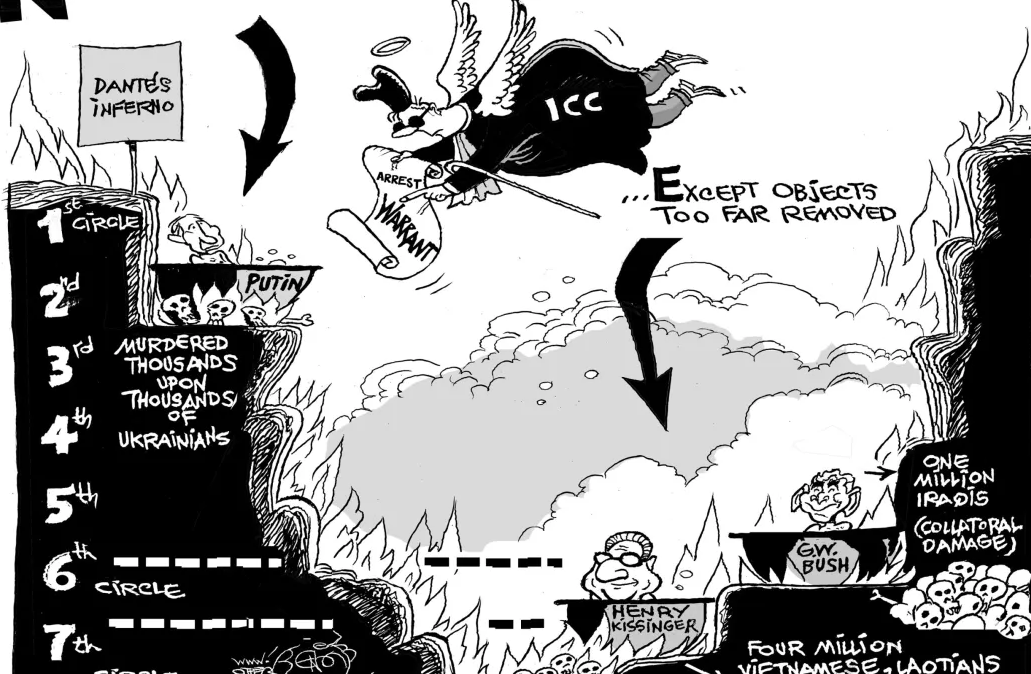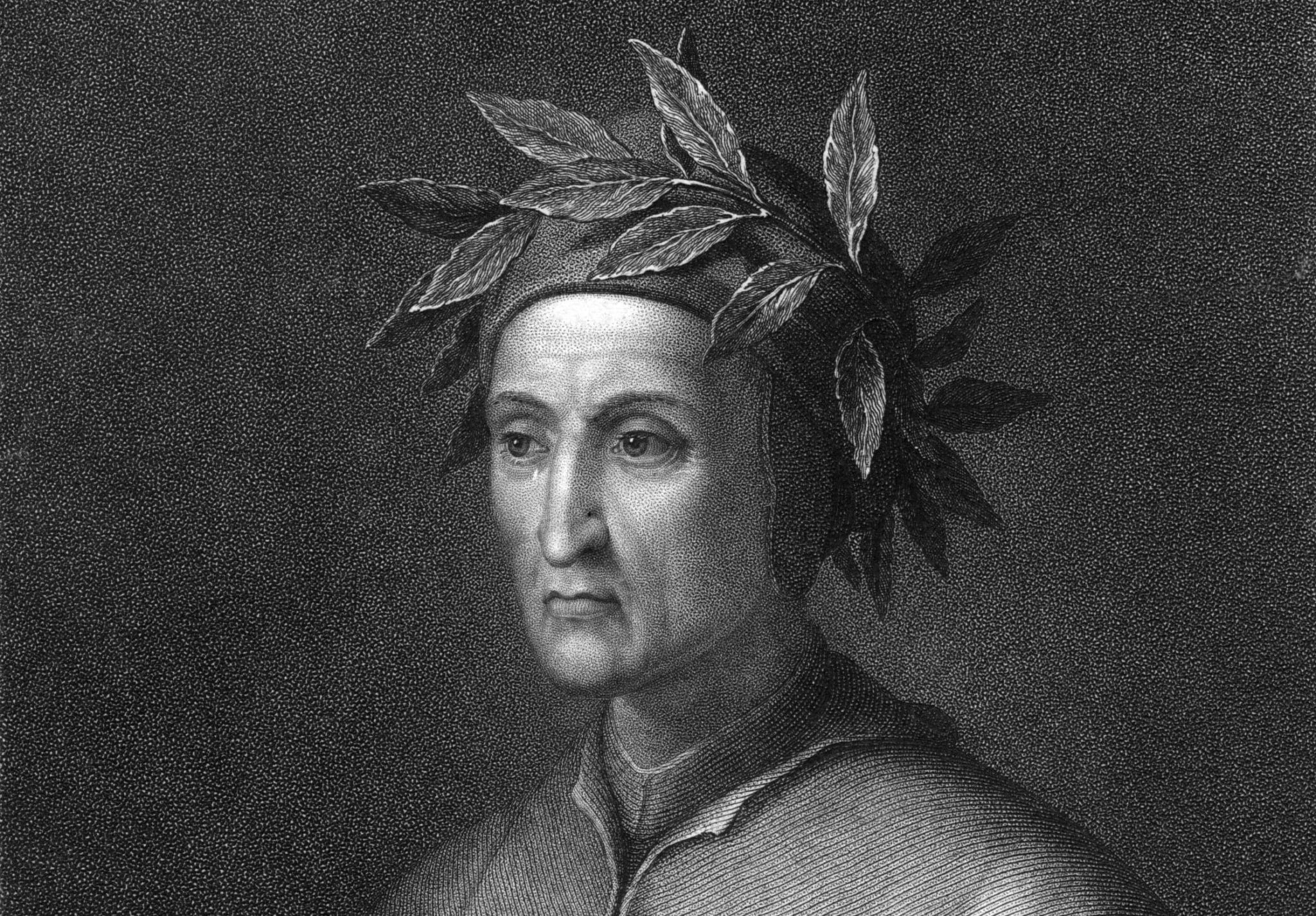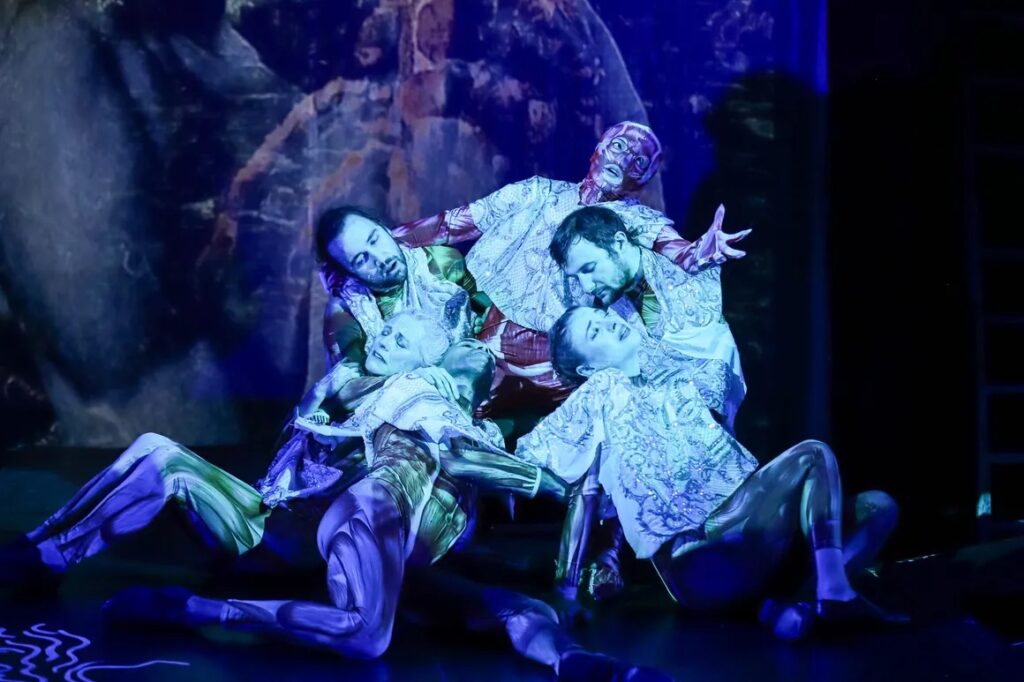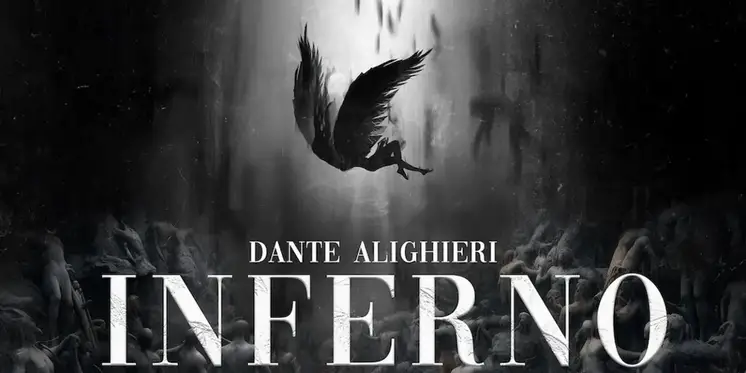“Putin’s terrible crimes in Ukraine should be prosecuted, but he’s still not the worst war criminal alive today.” —Khalil Bendib, “Cartoon: Dante’s Inferno, War Crimes Edition,” Otherwords, April 5, 2023 (retrieved March 6, 2024)
“Seven Long Centuries Ago, Dante Imagined the End of War and the Unity of Humankind”
“It’s difficult to imagine any sort of connection between the Russian invasion of Ukraine on February 24, 2022, and something that occurred in an unremarkable bedroom in Italy almost exactly 700 years prior. It has nothing whatsoever to do with the deep historical connections between Russia and Ukraine, at many times one and the same state, during the preceding seven centuries. But last autumn marked the 700th anniversary of the death of the great Italian poet Dante Alighieri, from malaria, in Ravenna, on September 14, 1321. His bones lie there still.
“And though it’s almost wholly unknown today, Dante was arguably the first great political philosopher to make a systematic case that all wars between nations might someday be eliminated entirely, and that it is within the power of human ingenuity to cast war forever onto the rubble heap of history. Dante showed us the pathway out of the Ukraine war. Dante anticipated both federalism and democracy.
“And Dante showed us how someday humanity might abolish war.” —Tad Daley, “Seven Long Centuries Ago, Dante Imagined the End of War and the Unity of Humankind,” Jewish Journal, August 8, 2022 (retrieved February 6, 2024)
“Dante Alighieri’s Inferno Comes to The Russian Arts Theater and Studio”
“The Russian Arts Theater and Studio, a New York theater company founded in 2004, continues its 2023 season with Inferno, based on The Divine Comedy by Dante Alighieri, newly adapted by Aleksey Burago and Di Zhu from Dante’s Inferno, A New Translation in Terza Rima by Robert Torrance.
[…]
“‘As atrocities around the world continue, like Dante, we find ourselves helplessly wading through savage acts of brutality and cataclysmic destruction.’ says Burago. ‘We try to make sense of the bloodshed among our brothers and sisters, but none of the justifications hold water. Despite all our technological advances and scientific achievements, our species has yet to evolve past antiquated concepts of race, class, religion, borders, and money. We are all lost in the woods. How will we survive this blazing inferno without our Gods?’
“Eight performances of INFERNO will take place Nov 2 to Nov 19, 2023 at the Sanctuary Space at Center at West Park, located at 165 W86th Street, in Manhattan. Performances begin at 7:30PM. Critics are welcome. Tickets begin at $30 and are available at www.russiantheater.org. Standard ticketing fees apply.” —Stephi Wild, “Dante Alighieri’s Inferno Comes to The Russian Arts Theater and Studio,” Broadway World, October 9, 2023 (retrieved December 15, 2023)
To read more or to purchase tickets, visit Russian Theater.
Contributed by Olga Seliazniova & Alessia Valfredini (Fordham University)
“In Kyiv, I saw Dante under sandbags – a modern image of the hell of war”
“I took quite a lot of phot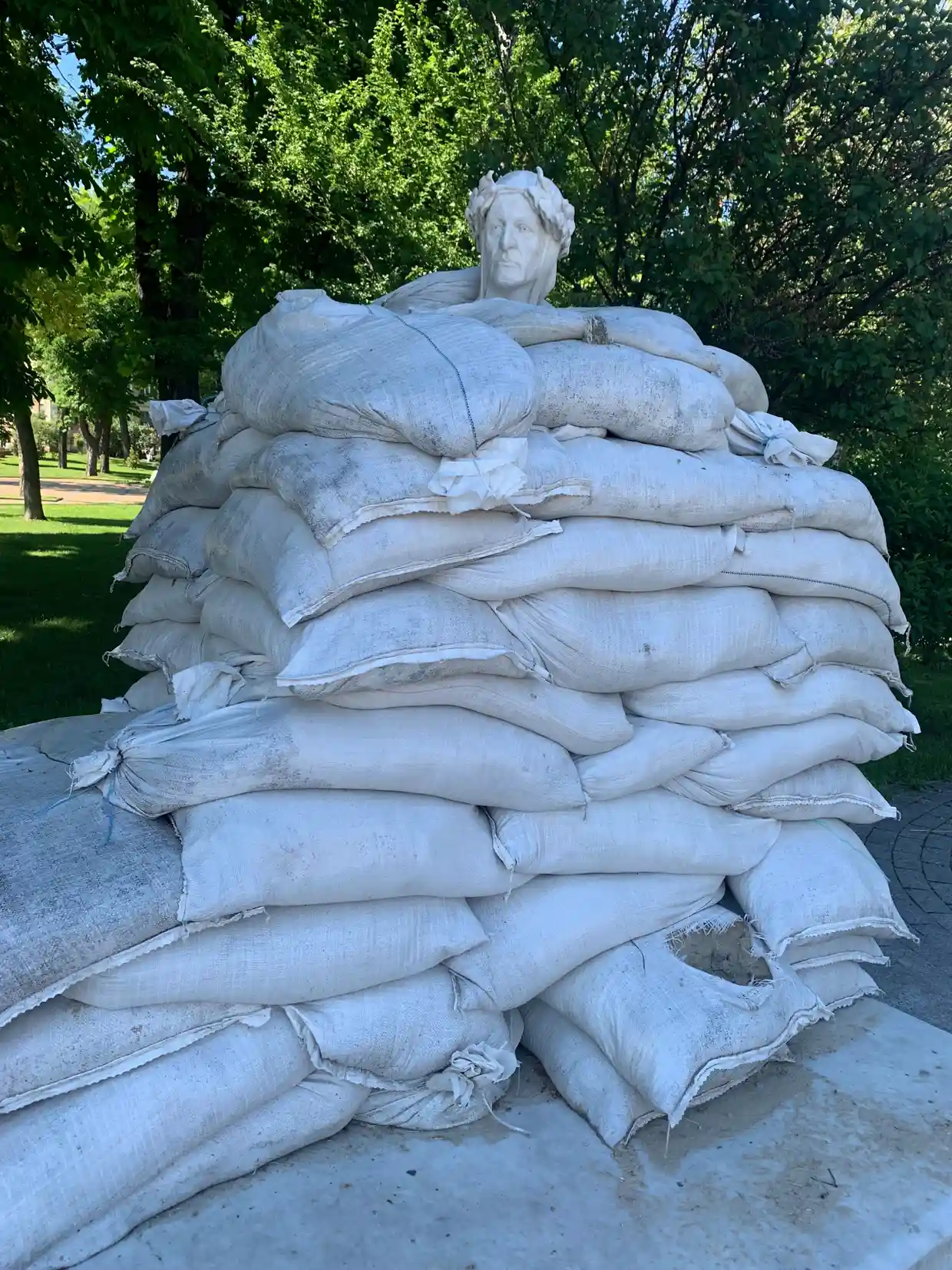 os on my phone when I was in Ukraine this year, but this one jumped out at me as I was scrolling through them. Here we have Dante – the Italian poet, philosopher, writer – with his marble head poking up out of the sandbags. It’s in a park on Volodymyr Hill in the centre of Kyiv.”
os on my phone when I was in Ukraine this year, but this one jumped out at me as I was scrolling through them. Here we have Dante – the Italian poet, philosopher, writer – with his marble head poking up out of the sandbags. It’s in a park on Volodymyr Hill in the centre of Kyiv.”
“It’s not just an arresting image. Dante is a harbinger of the Renaissance; he’s a symbol of culture and learning. And that is the opposite of war, which is a regression to dark times. This is what Ukraine and Kyiv are having to labour under – and so Dante finds himself stifled by sandbags. Of course, one also thinks of the Divine Comedy and the seventh circle of hell, which is violence. That’s what the people of Ukraine have been enduring: a modern circle of hell.”
“The fact that Dante had to be covered with sandbags tells you everything – the Russians are attacking things that are nothing to do with a military campaign. That is a particular hell, when civilians are seen as legitimate targets for an advancing army. And as soon as I see this image, all of this floods into my mind.” –Clive Myrie, The Guardian, December 12, 2022
James Fenton on Mandelstam’s Dante
 “The poet’s widow describes how, at a point when Mandelstam refers to Dante’s need to lean on authority, she refused to write his words down, thinking that he meant the authority of rulers, and that he condoned Dante’s acceptance of their favours. ‘The word had no other meaning for us,’ she says, ‘and being heartily sick of such authorities, I wanted no others of any kind.’ ‘Haven’t you had enough of such authorities?’ I yelled at him, sitting in front of a blank, grey-coloured sheet of paper, my hands defiantly on my knees. ‘Do you still want more?'”
“The poet’s widow describes how, at a point when Mandelstam refers to Dante’s need to lean on authority, she refused to write his words down, thinking that he meant the authority of rulers, and that he condoned Dante’s acceptance of their favours. ‘The word had no other meaning for us,’ she says, ‘and being heartily sick of such authorities, I wanted no others of any kind.’ ‘Haven’t you had enough of such authorities?’ I yelled at him, sitting in front of a blank, grey-coloured sheet of paper, my hands defiantly on my knees. ‘Do you still want more?'”
“Mandelstam was furious with her for getting above herself. She was angry back, and told him to find another wife. But in due course she did what the circumstances required during the Stalinist persecution: she learnt the essay by heart, in order to ensure its survival. It wasn’t printed until three decades later, in 1967, when an edition of 25,000 copies appeared in Moscow and quickly sold out – the first of Mandelstam’s works to appear after the thaw.
“The argument about authority warns us to read Mandelstam’s essay not only for what it tells us about Dante but also as a reflection on our own times, and Mandelstam’s. [. . .]” –James Fenton, The Guardian, 2005
See full article here.
